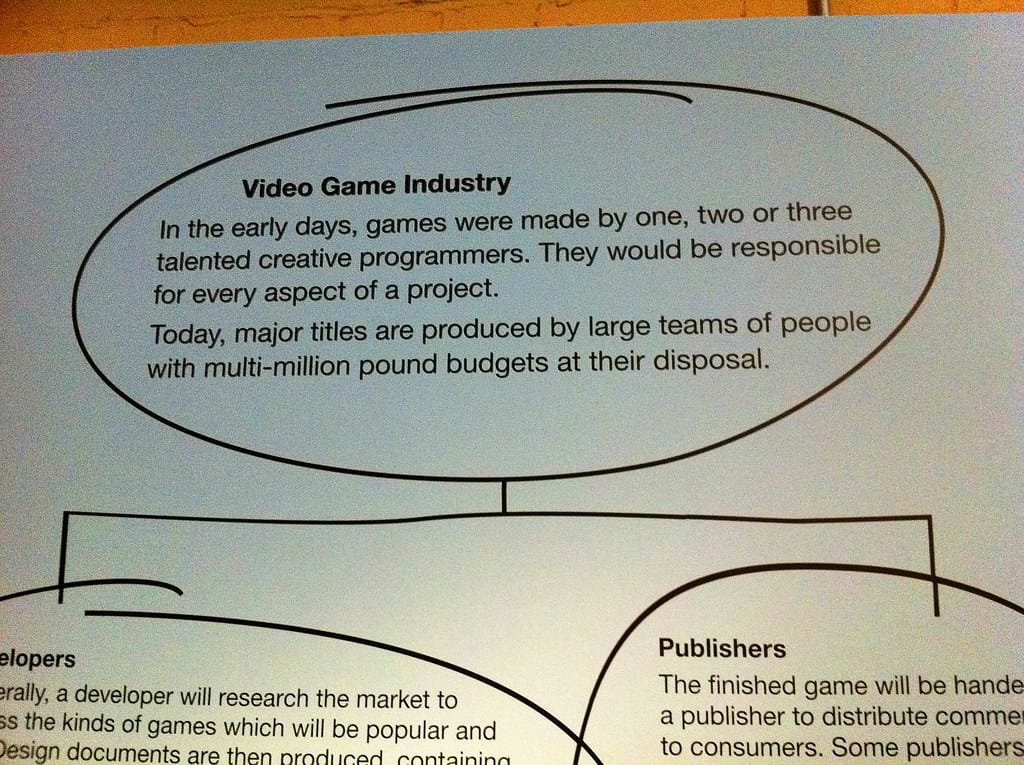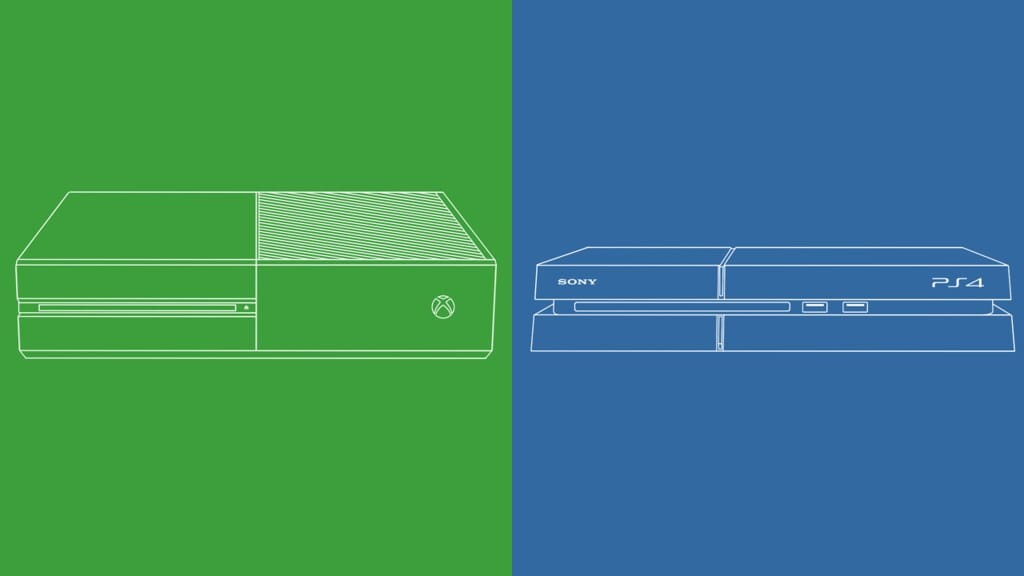Sony Dials Down PS5 Performance to Combat Climate Change – Gaming Goes Green
Sony has quietly implemented a controversial new strategy in its fight against climate change: reducing the performance capabilities of its flagship PlayStation 5 console to cut energy consumption. The move, revealed through recent firmware updates and internal company documents, marks a significant shift in how gaming giants are balancing environmental responsibility with user experience.
The Performance Trade-Off
The Japanese tech giant has rolled out firmware updates that automatically throttle the PS5's processing power during extended gaming sessions, reducing the console's maximum CPU and GPU frequencies by up to 15% after two hours of continuous play. This "eco-mode" activation results in measurably lower power consumption – dropping from the console's typical 150-200 watts to approximately 120-160 watts during intensive gaming.
While the power reduction might seem modest, Sony's internal estimates suggest this change could reduce the collective carbon footprint of all PS5 consoles by roughly 670,000 tons of CO2 annually – equivalent to taking 145,000 cars off the road for a year.
Industry-Wide Environmental Pressure
Sony's move comes as the gaming industry faces mounting pressure to address its environmental impact. A recent study by the University of Lancaster found that gaming consoles account for approximately 0.13% of global electricity consumption, with next-generation consoles like the PS5 and Xbox Series X consuming significantly more power than their predecessors.
"The gaming industry has reached a tipping point where environmental considerations can no longer be an afterthought," explains Dr. Sarah Chen, a sustainability researcher at MIT's Climate Lab. "Sony's approach represents a fundamental shift in how hardware manufacturers are thinking about the trade-offs between performance and planetary impact."
The timing is particularly relevant as global energy costs continue to rise and governments worldwide implement stricter environmental regulations on electronic devices.
Gamer Backlash and Performance Impact
The changes haven't gone unnoticed by PlayStation's dedicated user base. Gaming forums and social media platforms have erupted with complaints about frame rate drops and reduced visual fidelity in demanding titles like "Horizon Forbidden West" and "Spider-Man: Miles Morales."
Professional esports player Marcus "TechNinja" Rodriguez reported noticeable performance degradation during competitive matches: "In high-stakes tournaments, even a 5% performance drop can mean the difference between victory and defeat. Sony needs to give players the choice."
Independent testing by Digital Foundry confirmed that affected consoles show 8-12% lower frame rates in graphics-intensive games after the eco-mode kicks in, though casual gaming experiences remain largely unaffected.
Sony's Broader Green Initiative
This performance scaling is part of Sony's ambitious "Road to Zero" environmental plan, which aims to achieve carbon neutrality across all operations by 2030. The company has already committed $100 million to renewable energy projects and has redesigned PS5 packaging to use 99% recyclable materials.
Sony Interactive Entertainment CEO Jim Ryan defended the changes in a recent statement: "We believe responsible gaming means considering our impact on the planet. These adjustments represent a meaningful step toward sustainable entertainment without fundamentally compromising the PlayStation experience."
The company is also developing AI-powered game optimization that could maintain visual quality while requiring less processing power, potentially negating some performance impacts by 2024.
The Future of Sustainable Gaming
Sony's bold move may signal a broader industry transformation. Microsoft has hinted at similar energy-saving features for future Xbox updates, while Nintendo's historically low-power Switch architecture suddenly appears prescient rather than underpowered.
Gaming hardware manufacturers are increasingly exploring alternative approaches to sustainability, from cloud gaming services that centralize energy consumption to modular console designs that reduce electronic waste.
Conclusion
Sony's decision to scale back PS5 performance in the name of climate action represents a watershed moment for the gaming industry. While the immediate backlash from performance-focused gamers is understandable, the move reflects growing recognition that entertainment companies must balance user satisfaction with environmental responsibility.
The success or failure of Sony's approach will likely influence how the entire industry addresses sustainability challenges. As climate concerns intensify and energy costs rise, gamers may need to accept that the pursuit of ever-higher performance comes with real-world consequences that extend far beyond their living rooms.
For now, PlayStation users face a choice between peak performance and planetary stewardship – a trade-off that may define the next generation of gaming.

